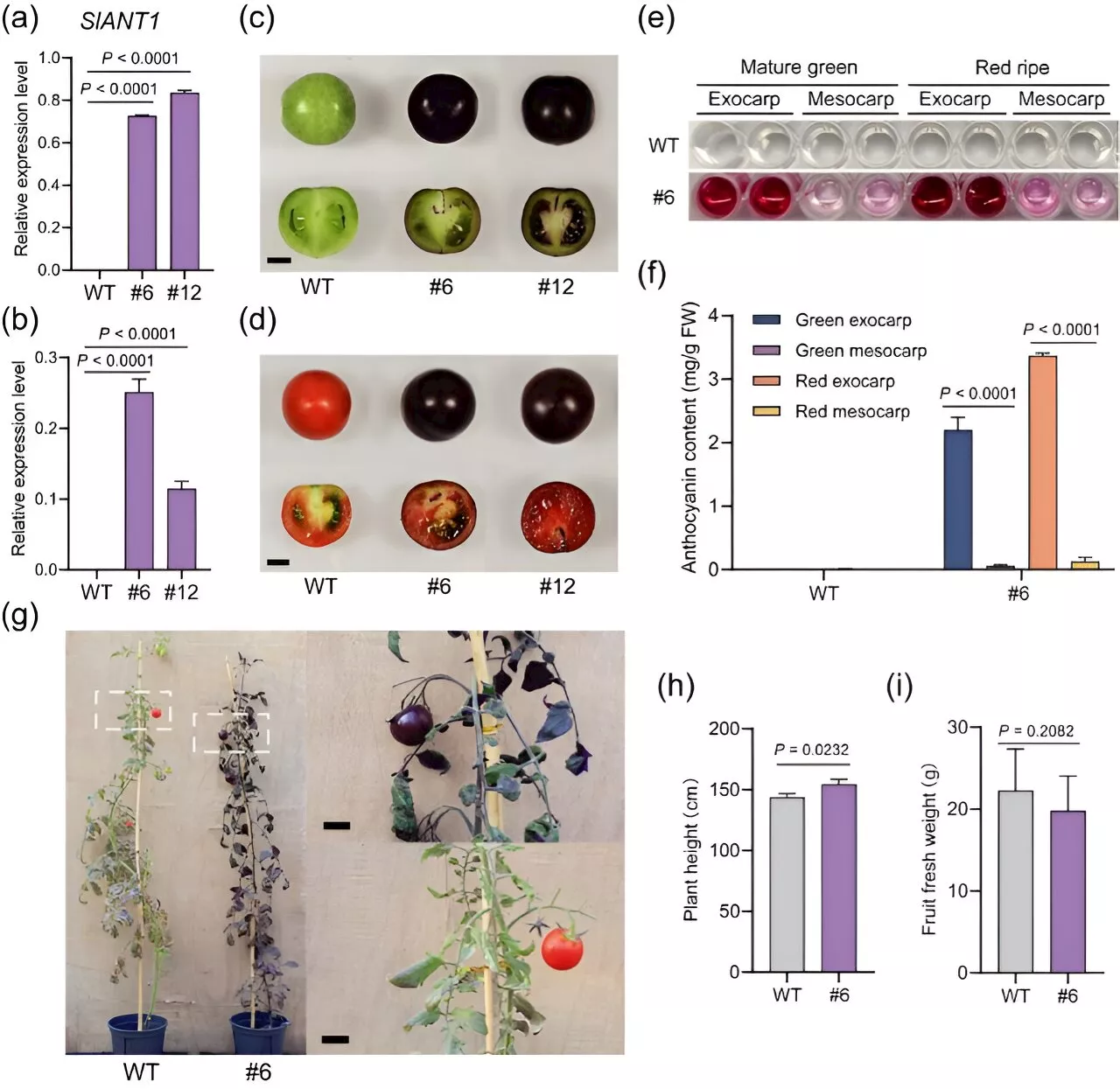Science, Space and Technology News 2024
A new study by Yale scientists has identified a specific brain region that may cause paranoia by comparing behavioral data from monkeys and humans. This research utilized a novel approach, aligning animal and human studies using a computational model to analyze how participants perceive environmental stability and adapt to changes.
If the participants selected the option with the highest probability of reward, they would get a reward with fewer clicks across trials. The option with the lowest probability required more clicks to receive a reward. The third option, meanwhile, was somewhere in the middle. Participants did not have information on the reward probability and had to uncover their best option by trial and error.
“So participants have to figure out what’s the best target, and when there’s a perceived change in the environment, the participant then has to find the new best target,” said Steve Chang, associate professor of psychology and of neuroscience in Yale’s Faculty of Arts and Sciences and co-senior author of the study.
The researchers found that the presence of lesions in both brain regions negatively affected the behavior of the monkeys, but in different ways.
Norge Siste Nytt, Norge Overskrifter
Similar News:Du kan også lese nyheter som ligner på denne som vi har samlet inn fra andre nyhetskilder.
 Researchers identify tomato exocarp-specific promoter for genetic enhancementsIn a triumph for precision agriculture, researchers have pinpointed a tomato exocarp-specific promoter, unlocking the potential for tailored genetic enhancements. This innovation promises to bolster the fruit's visual appeal, fortify it against environmental stressors, and significantly prolong its shelf life.
Researchers identify tomato exocarp-specific promoter for genetic enhancementsIn a triumph for precision agriculture, researchers have pinpointed a tomato exocarp-specific promoter, unlocking the potential for tailored genetic enhancements. This innovation promises to bolster the fruit's visual appeal, fortify it against environmental stressors, and significantly prolong its shelf life.
Les mer »
 Researchers expose new symbiosis origin theories, identify experimental systems for plant lifeResearch work on symbiosis -- a mutually beneficial relationship between living organisms -- is pushing back against the newer theory of a 'single-origin' of root nodule symbiosis (RNS) -- that all symbiosis between plant root nodules and nitrogen-fixing bacteria stems from one point--instead suggesting a 'multiple-origin' theory of sybiosis which...
Researchers expose new symbiosis origin theories, identify experimental systems for plant lifeResearch work on symbiosis -- a mutually beneficial relationship between living organisms -- is pushing back against the newer theory of a 'single-origin' of root nodule symbiosis (RNS) -- that all symbiosis between plant root nodules and nitrogen-fixing bacteria stems from one point--instead suggesting a 'multiple-origin' theory of sybiosis which...
Les mer »
 Researchers identify a genetic cause of intellectual disability affecting tens of thousandsResearchers have identified a neurodevelopmental disorder, caused by mutations in a single gene, that affects tens of thousands of people worldwide. The findings will improve clinical diagnostic services for patients with neurodevelopmental disorders.
Researchers identify a genetic cause of intellectual disability affecting tens of thousandsResearchers have identified a neurodevelopmental disorder, caused by mutations in a single gene, that affects tens of thousands of people worldwide. The findings will improve clinical diagnostic services for patients with neurodevelopmental disorders.
Les mer »
 Researchers identify the 18 World War II executed civilians of Adele, Rethymnon, using ancient DNA analysisA pioneering, national-level study has been conducted by the research group of Paleogenomics and Evolutionary Genetics of the Institute of Molecular Biology and Biotechnology (IMBB) of the Foundation for Research and Technology–Hellas (FORTH).
Researchers identify the 18 World War II executed civilians of Adele, Rethymnon, using ancient DNA analysisA pioneering, national-level study has been conducted by the research group of Paleogenomics and Evolutionary Genetics of the Institute of Molecular Biology and Biotechnology (IMBB) of the Foundation for Research and Technology–Hellas (FORTH).
Les mer »
 Researchers identify promising protein candidate for metabolic disease treatmentDiscovery of an appetite-suppressing protein has doubled the potential for new avenues for treating obesity and metabolic disorders in animals and people.
Researchers identify promising protein candidate for metabolic disease treatmentDiscovery of an appetite-suppressing protein has doubled the potential for new avenues for treating obesity and metabolic disorders in animals and people.
Les mer »
 Researchers identify the principle behind 'soft mechanoluminescent complex'A research team collaborated to identify the principle of an eco-friendly energy-based soft mechanoluminescent complex that emits light without batteries. It is expected to be applied in various fields, such as optical sensors, artificial skin, and displays. The team includes Dr. Jeong Soon-moon, Dr.
Researchers identify the principle behind 'soft mechanoluminescent complex'A research team collaborated to identify the principle of an eco-friendly energy-based soft mechanoluminescent complex that emits light without batteries. It is expected to be applied in various fields, such as optical sensors, artificial skin, and displays. The team includes Dr. Jeong Soon-moon, Dr.
Les mer »
